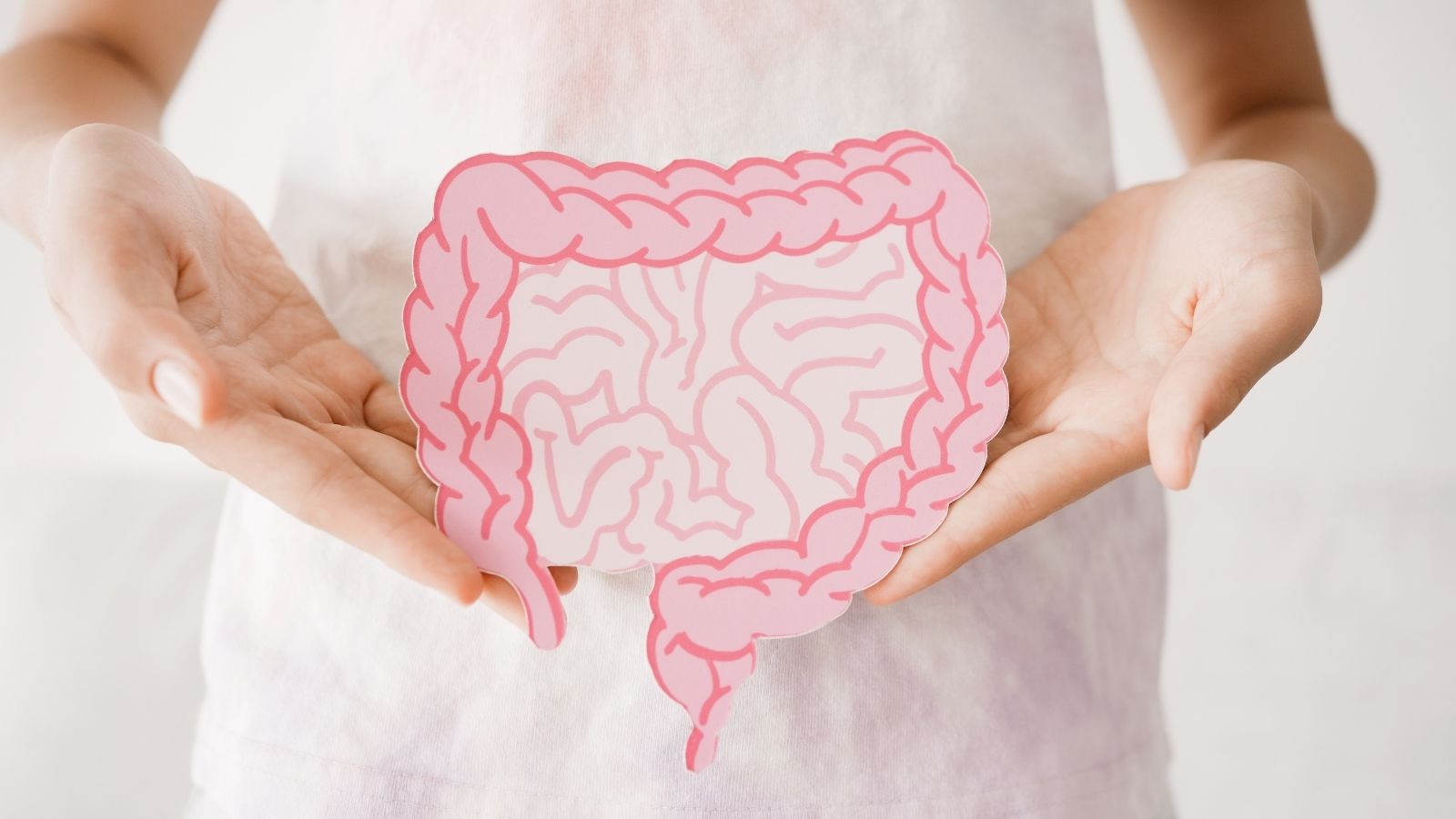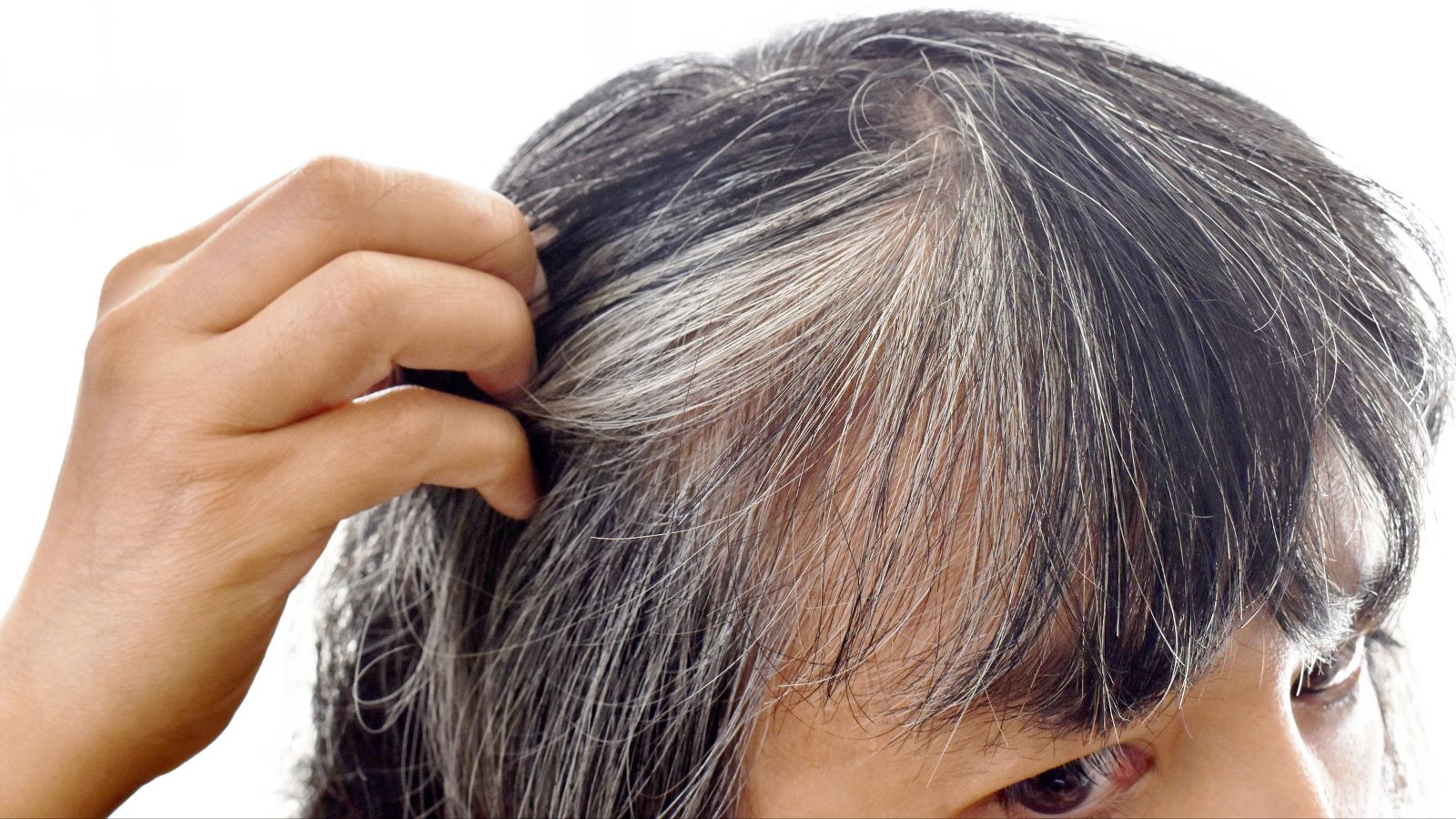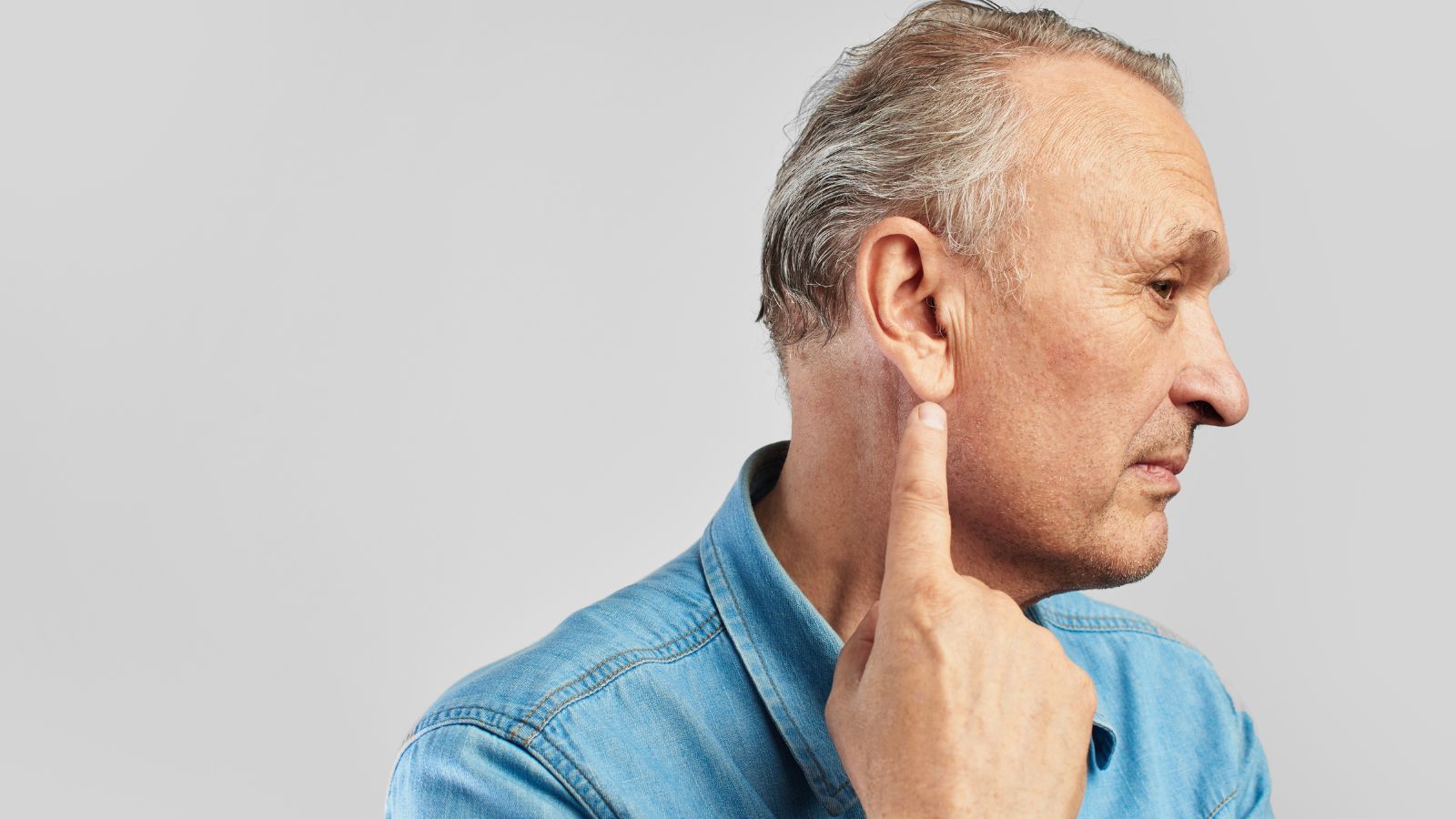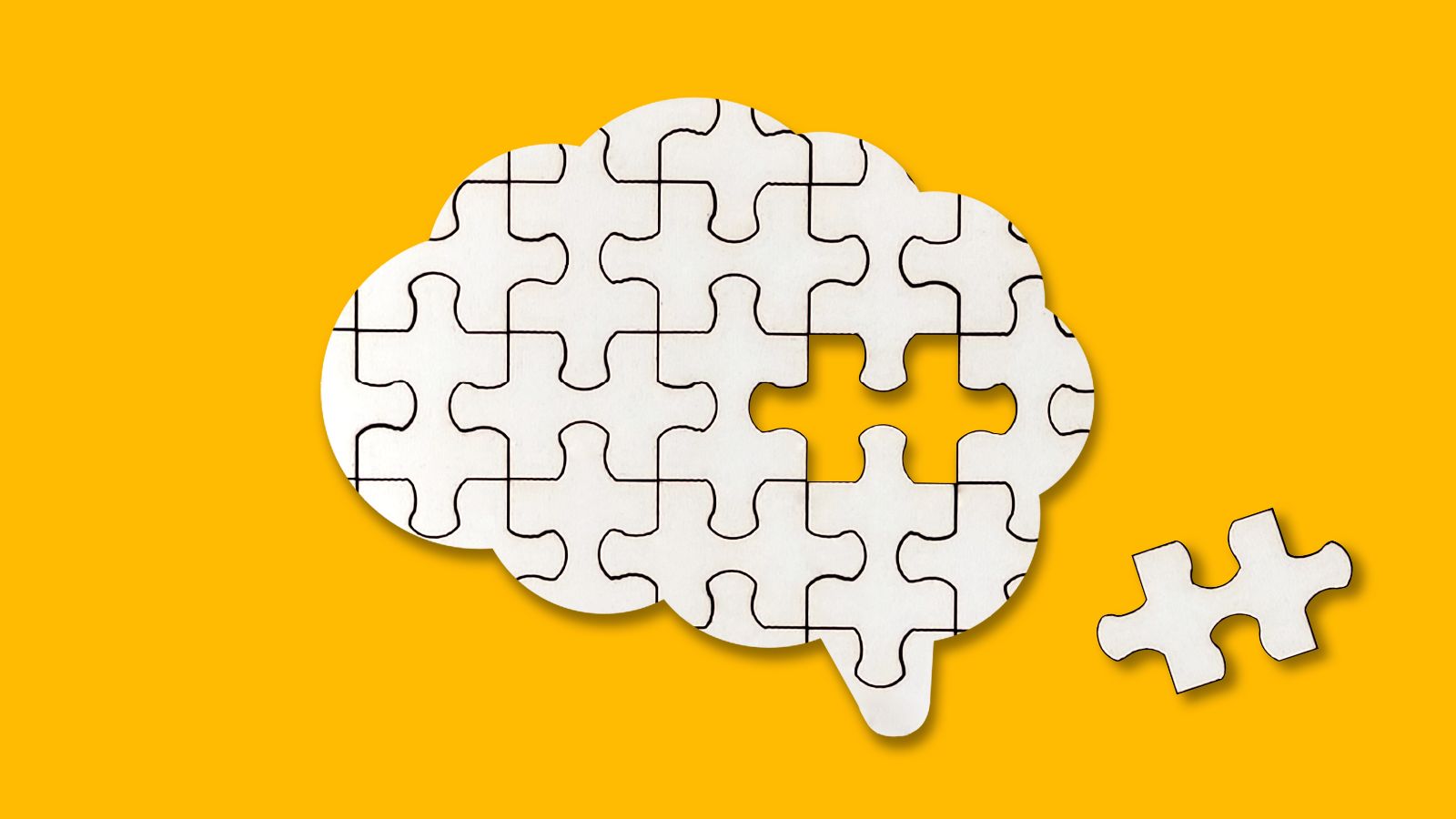As we navigate through life, aging is an inevitable process that affects us all. Many people are often unaware that their bodies may show signs of aging earlier than expected. Of course, there are various reasons behind this occurrence, ranging from the way you live life to different environmental factors and even genetic endowments. Knowing these shocking signs could be important in taking the right steps to keep you healthy and fit. Here are 17 key indicators to watch for that may indicate your body is aging quicker than anticipated.
Digestive Issues

If you’re suffering from frequent bloating, constipation, or indigestion, then your body is aging at an untimely rate. Because the digestive system gradually slows down as we get older, there are instances in which such problems can really act as a catalyst for the body to suddenly age at an alarming rate, thereby tripping and hindering its metabolism and nutrient absorption.
Gray Hair Appearing Prematurely

Grey hair is part of the normal aging process, but if it happens many decades earlier than it should, for example, when you are in your twenties or thirties, it does signal accelerated aging. The causes can be genetic, stress, nutritional deficiencies, or medical conditions related to the thyroid. It is due to the production of lesser amounts of melanin than usual by the hair follicles, which impart color to the hair.
Increased Sensitivity to Cold

As your body ages, it may lower your metabolic rate and reduce blood circulation, making you feel cold even when it’s warm. However, other people around you don’t seem to bother with the temperature, which may be a sign that your body is no longer managing its temperature well.
Sleep Problems

If you suffer from insomnia, sleep fitfully, or wake up too often at night, that’s one sure sign that your body is aging much faster than it needs to. Only when we sleep does our body work to repair and regenerate itself. Conversely, disruptions in sleep could disallow these significant processes from taking place, resulting in fatigue, slower recovery, and acceleration of aging. Lack of sleep over a long period of time contributes to the deterioration of both mental and physical strength.
Hearing Decline

If you find yourself asking people to repeat often what they have said or struggling to hear anyone in a noisy environment, this can be one of the early signs of accelerated aging. It becomes difficult to hear high-pitched sounds, and you may struggle to listen to any conversation in a crowded place. It could be due to natural hair cell loss within the inner ear, common with aging. However, acceleration in this could indicate an underlying problem or a reflection of poor lifestyle choices when it involves one’s hearing.
Weight Gain, Especially Around the Midsection

Weight gain around the stomach may indicate accelerated aging. As metabolism slows down with age, fat deposits begin to increase in the abdominal area, usually a red flag for insulin resistance, hormonal imbalance, and heart diseases. This type of fat is rather difficult to get rid of, even on a regular diet and exercise schedule.
Frequent Aches and Pains

If you experience increased pains in the joints or muscles more than usual, that may hint that the aging process is ahead of what you expect. With aging, there is more wear and tear upon the muscles and joints, but if this happens prematurely or with more strength, your body could signal that it is not recovering or taking care of itself as it needs to. It could be due to things like inflammation, stress, or even lifestyle choices.
Dry, Sagging Skin

The skin loses its natural moisture and elasticity as it ages. This causes dryness and a dull appearance. With such a decline, collagen production reduces; as a result, wrinkled skin sags, especially on the face, neck, and hands. This could be due to several factors, such as exposure to the sun, dehydration, smoking, or poor skincare habits.
Thinning Hair

This occurs when hair becomes finer, weaker, and more likely to fall off. It is common among people whose hair follicles are less active, with hormonal changes, or due to poor nutrition, all factors that can accelerate the aging process. If you find your scalp becoming more visible or your hair feeling a little less voluminous, it might be a sign that your body is aging a lot more than it should.
Memory Loss or Fog

Forgetfulness, an inability to focus, and even the inability to recall simple information may be some of the very first signs of premature aging. This mental fogginess, sometimes referred to as “brain fog,” may signal a decline in thinking ability that can be due to stress, lack of nutritional value, or even lack of proper sleep. In short, these factors are responsible for prematurely aging the brain.
Chronic Fatigue

Chronic fatigue is a mental or physical exhaustion that impacts your work, social life, or ability to do everyday things. You can go to sleep at night and then wake up in the morning feeling exhausted, with difficulty sustaining alertness or energy throughout the day. This might mean that your body is not regenerating or recovering the way it needs to, either from stress, poor diet, or other basic health-related issues that could hasten aging.
Vision Deterioration

As the body ages, the vision can degrade somewhat more than it ought to. Signs include an inability to easily read fine print, increased blurring, or stronger, more frequent prescriptions. Difficulty adjusting to low light, dry eyes, and glare sensitivity are also potential early signs of aging eyes.
Slow Wound Healing

If the cuts, scrapes, or bruises are taking longer than usual to heal, this could also be a sign of accelerated aging. More often than not, this is due to reduced collagen production, inefficient immune response, or poor circulation-whatever happens when the body is subjected to accelerated aging.
Weak Grip Strength

Weak grip strength refers to the noticeable loss of ability to hold or grasp objects firmly. Symptoms might include difficulty opening jars, carrying heavy bags, or even shaking hands. This can be a sign of muscle loss or a decrease in physical strength, which may indicate accelerated aging or more serious underlying health issues.
Reduced Mobility

Reduced mobility involves a noticeable decline in your ability to move or perform physical tasks efficiently, such as opening jars, carrying groceries, or engaging in a handshake. This decline often points to muscle loss or a general reduction in physical strength, which can be associated with aging and other health concerns.
Decreased Libido

It refers to a sexual urge or interest that is much lower than usual. Symptoms may include a reduced frequency of sexual thoughts, less interest in intimacy, or an inadequate response to arousal. Many factors, such as hormonal imbalances, stress, medications, and various health conditions, can influence problems related to this.
Mood Changes

Changes in mood are indicative of accelerated aging if you notice more irritability, anxiety, or depression. Such changes may come from hormonal imbalances, stress, or other health conditions. If such changes occur regularly or strongly, it could be worth investigating what may be causing them, or it may even be helpful to seek professional advice.
Conclusion

Observing one or all of these signs may be a clue to evaluate your lifestyle and change it according to your needs. Focusing on proper nutrition, regular physical activity, sufficient sleep, and stress management can also go a long way in minimizing aging processes and increasing overall quality of life. In addition, personal counseling with health professionals and regular check-ups can result in early problem identification. Hence, one can stay vital into and through older age. It is never too late to take responsibility for your health and well-being.
18 Reasons Why People Are Leaving Florida in Masses

Exploring factors that impact the desirability of living in Florida, this list delves into various challenges shaping residents’ experiences. From environmental concerns like rising sea levels to economic factors such as fluctuating job markets, these issues collectively contribute to a nuanced understanding of the state’s appeal.
18 Reasons Why People Are Leaving Florida in Masses
